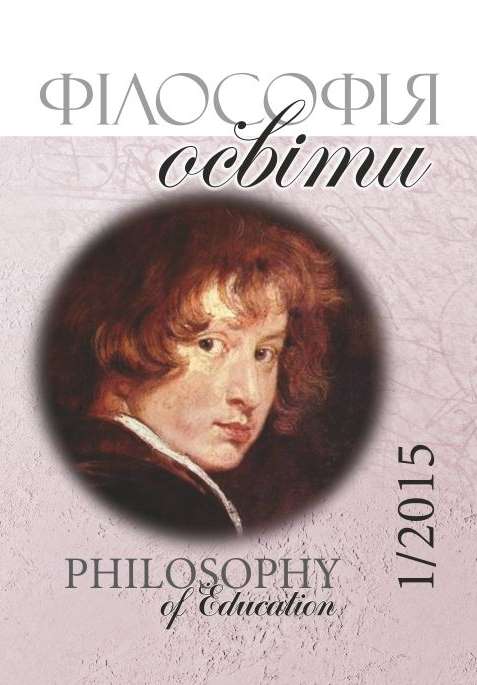Post-non-classical Humanities Knowledge: Limits and Possibilities
Keywords:
post-non-classics, interdisciplinarity, post-non-classical humanities knowledge, synergetic approach, hermeneutics, phenomenology, ontology of becomingAbstract
Sociocultural interpretations of the theory of self-organization (synergetics) form a new social picture of the world in which the relationship of human with society and nature are reconsidered. However, the becoming of post-non-classical humanities knowledge is connected with a number of problems. The language of mathematical modeling is the basis of synergetic methodological program, it cannot be used as a universally applicable language for describing of culture, existential foundations of human existence. At the same time, the contemporary humanities has own conceptual systems and powerful instruments. Interdisciplinary studies are in a situation when it is necessary to solve two problems at the same time: to analyze the specific problems and create methods for its. Opportunities for continuing fruitful interdisciplinary dialogue are seen in active use of synergetic metaphor, in a complementarity of synergistic and humanitarian methodology, first of all, hermeneutics and phenomenology, in moving to human-dimension ontology of becoming. Holistic worldview creates the preconditions for the formation of social and cultural ontology, which changes the notions about the way of human being, the focus of human activity. Ontology of becoming is intended be a starting point in solving the main problem of post-non-classical humanities knowledge – the creation of “subjective” model of self-organization. Applying the concepts of the phenomenology and hermeneutics allows the build a human-dimension sociocultural ontology “ upwards “ – from the individual being, to detect therein foundations for nonlinearity as precondition of self-organization. Prospect of the post-non-classical humanities knowledge is seen in revealing the specifics of human existence in self-organizing world.
Downloads
-
PDF (Русский)
Downloads: 243
Published
How to Cite
Issue
Section
License
- Authors who publish with this journal agree to the following terms:
- Authors retain copyright and grant the journal right of first publication;
- Authors are able to enter into separate, additional contractual arrangements for the non-exclusive distribution of the journal's published version of the work (e.g., post it to an institutional repository or publish it in a book), with an acknowledgement of its initial publication in this journal.





